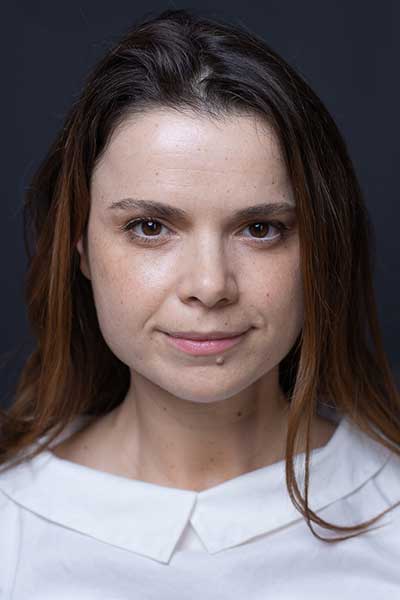
Genetics of NAFLD in the Million Veteran Program
Room 245
Level 2, Ernest N. Morial Convention Center
Q&A with Marijana Vujkovic, PhD
Research Assistant Professor,
University of Pennsylvania

What is your presentation about?
We report a trans-ancestry genome-wide association study (GWAS) for non-alcoholic fatty liver disease (NAFLD) in the Million Veteran Program (MVP). The MVP is the world’s largest biobank, which has enrolled >850,000 study participants. While NAFLD is markedly under-diagnosed clinically, we here utilized a novel, proxy phenotype of NAFLD, based on chronically elevated liver enzymes in absence of other disease. We discovered 77 SNPs that are associated with proxy NAFLD, of which 17 SNPs we replicated in a liver biopsy cohort with histologically defined NAFLD and a liver imaging cohort of CT/MRI scans.
What makes this topic important in 2022?
Because of the obesity epidemic, cardiometabolic diseases, such as type 2 diabetes and NAFLD have emerged as a global public health issue. Owing to the limited sample size and diversity of populations studied, previous GWAS have identified only a handful of NAFLD-associated loci, meaning that NAFLD has lagged substantially behind other complex traits in genetic discoveries to date. There are no drugs to treat NAFLD, and our research has the potential to reveal disease genes are druggable because indications of derived drugs frequently match genetic associations with disease traits.
How did you become involved with this area of diabetes research or care?
I am co-chair of the cardiometabolic disease working group in the MVP. NAFLD/NASH-cirrhosis is the most rapidly growing indication for liver transplant in the U.S., and therefore my focus is on the hepatic manifestations of the metabolic syndrome. Current treatment of NAFLD focuses on weight loss and glucose control, and genetic studies may be crucial for drug development and repurposing.
What are you most looking forward to at the 82nd Scientific Sessions?
I am looking forward to attending the various genetics sessions on type 2 diabetes and related risk factors and complications. In specific, the talks on ancestral diversity, polygenic risk score as part of clinical prediction models, as well as genetics-informed therapeutics development are relevant to my own line of research.
[sub-post-content]

